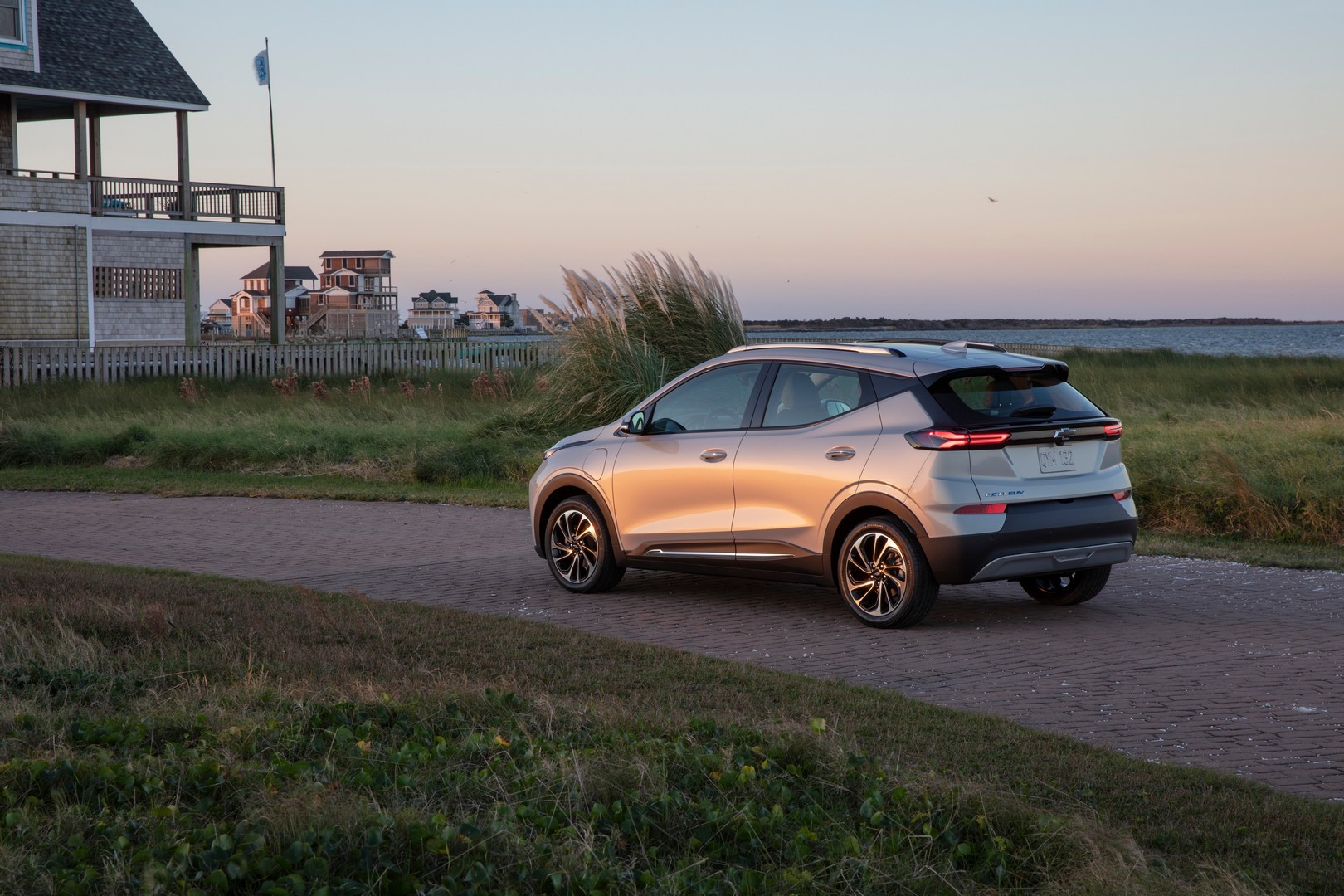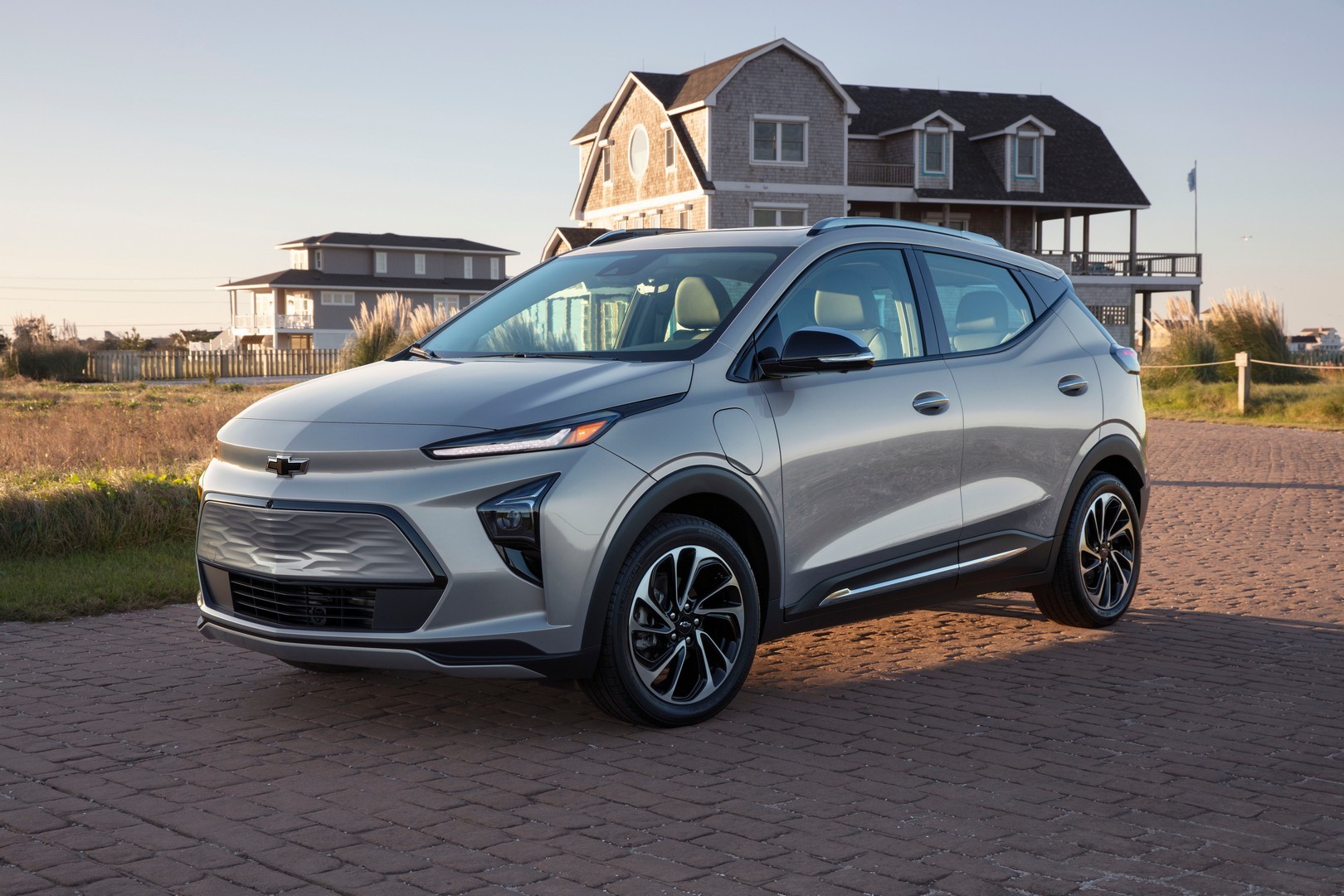Owners of the Chevrolet Bolt EV and Bolt EUV face renewed concerns as General Motors announces another safety recall linked to a persistent battery fire risk.
This latest chapter follows a series of attempts to address the issue. In 2020, a software update designed to detect potential battery problems proved ineffective, prompting a wider recall in 2021 that encompassed over 141,000 vehicles.
To address the fire risk, newer models received a software update that limited the maximum charge capacity and monitored battery health.
However, a new recall emerged designated N242443000 (24V-481 by the NHTSA) targeting a small group of Bolt EVs and EUVs (around 72 total) due to a quality control issue.
The software update intended to fix the battery problem was incompletely or incorrectly installed in these vehicles.
Attention Chevrolet Bolt EV and Bolt EUV owners: a recent fire risk recall has been issued for certain model years. This latest safety concern affects Bolt EVs produced from model years 2020 through 2022, and Bolt EUVs from 2022.

Specifically, the at-risk window encompasses vehicles manufactured between November 14, 2019, and June 23, 2021. It’s crucial to note that these vehicles may have already been included in an earlier 2021 recall addressing similar battery fire risks.
This new recall specifically targets an issue with the software update completed during those prior repairs. The software, designed to identify potential battery problems, was improperly installed in some vehicles.
This faulty installation renders the fire detection system ineffective, leaving certain Bolts susceptible to fires. A Detroit automaker is facing a recall for faulty installations, but unlike past tendencies to downplay issues, they’re taking a more transparent approach.
This shift suggests a change in company culture, possibly since the 2013 leadership change or the 2008 government bailout. Regardless, a solution is on the horizon dealerships have received instructions to fix the problem.
However, official notification letters won’t hit mailboxes until August, leaving some owners in the lurch. Thankfully, impatient drivers can check online using their vehicle identification number to see if their car is affected.
This situation involves the Chevrolet Bolt EV, though it may have been sold under a different name in other markets. There were even plans for a right-hand drive version, but a major ownership shakeup within the company scrapped those plans entirely.
Interestingly, General Motors has recently re-entered the European market, but with a different brand focused solely on electric vehicles. Their latest offering, the Cadillac Lyriq, may not be the segment leader, but it marks a significant shift for the American automaker.

